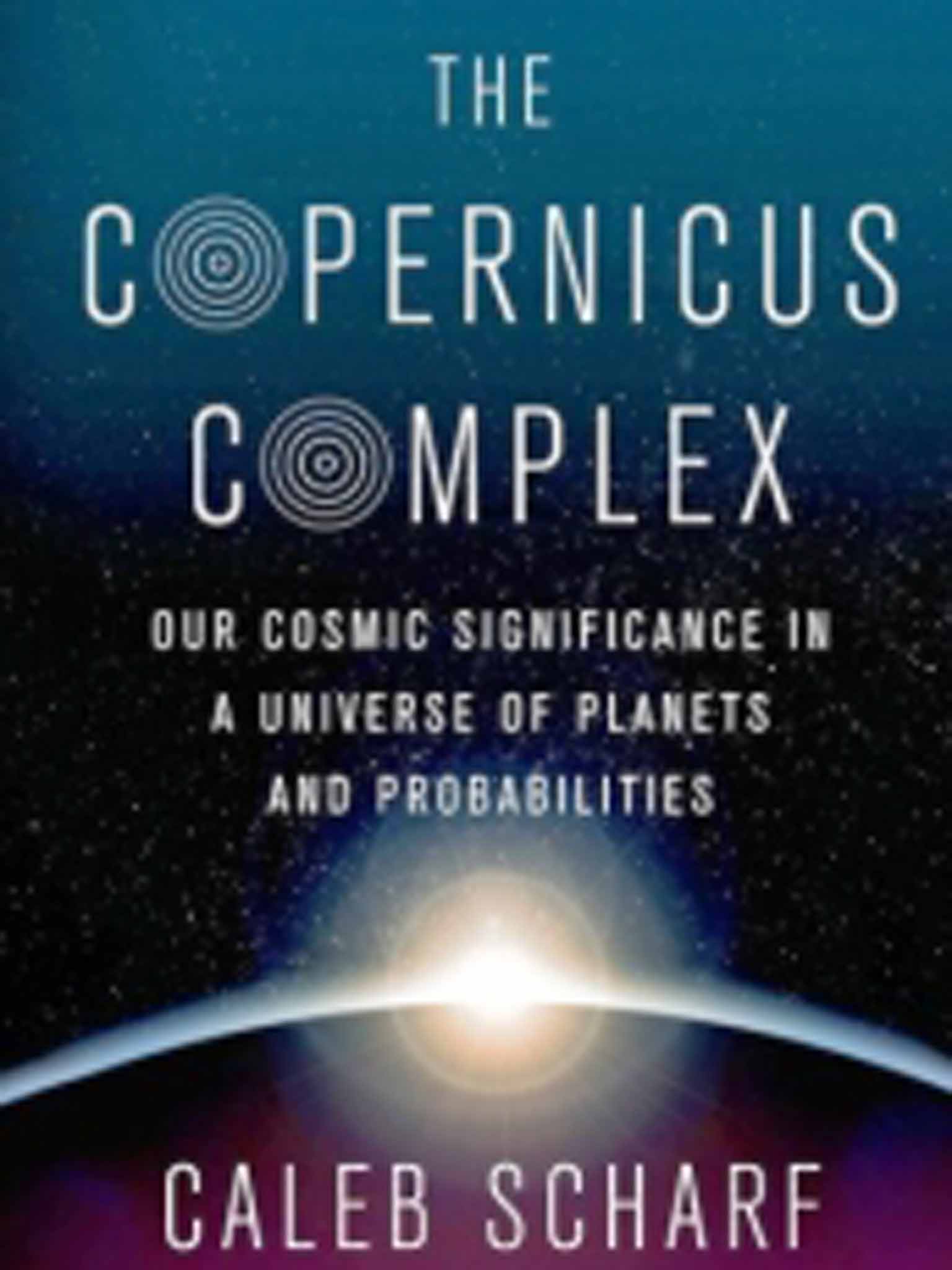Anna Karenina by Leo Tolstoy, trans. Rosamund Bartlett - book review: Tolstoy's tragic Anna is given a welcome new voice

The appetite of English speakers for Anna Karenina has been well served. There have been 12 translations since Nathan Haskell Dole's of 1886, four in this millennium, and two this year. Rosamund Bartlett's is a particularly generous helping, with its explanatory notes and wide-reaching introduction. Bartlett takes the line that, despite the important differences between Anna's story and Levin's, "everything in the novel is interconnected and contributes in some way to its central theme". She doesn't, though, state what the theme is.
Neither the poignant parallels and transitions between the novel's stories, nor the leitmotifs and characters uniting them, alter the fact that Anna's story is ultimately about what to do (or not do) if you fall in love with someone who isn't your spouse, while Levin's is ultimately about why you should live at all (even if happily married), given that you will one day die.
Anna can't begin to perceive this question, which provoked Tolstoy's own crisis at the time of writing the novel, because her romantic problems obscure it. Nor does Bartlett reveal her hand on who she thinks condemns Anna to death: God, a hypocritical society, Anna herself, or Tolstoy; though she rightly notes that Tolstoy shouldn't be dismissed as a simple misogynist.
Her translation takes particular care with the specialist vocabulary which, I confess, I not only have to look up when reading the Russian, but also when reading English translations ("the woodcock are roding", Bartlett tells us, helpfully glossing that "the spring courtship flight at dawn and dusk of the male woodcock" "is known in English as 'roding'"). Overall, her translation is closer to the Russian in terms of sentence structure (often multi-clausal), and register, than are those of Constance Garnett, the Maudes, and Rosemary Edmonds. But it is less so than that of Pevear and Volokhonsky, and her English is correspondingly more idiomatic than theirs.
Like them, she doesn't attempt to render Russian peasant dialect. She translates "muzhik" as "peasant", and retains Russian only for the best-known and least-translatable words such as "dacha". Like her predecessors, she slides over some of Tolstoy's archaisms. Levin claims that his life will have the meaning of good which he is "vlasten" (empowered) to put into it; Bartlett's Levin simply "has" "the power".
But this is a fine new translation, of which the scholarship demonstrates Bartlett's considerable knowledge of the author. It is a welcome contribution to the ongoing life of this enigmatic, divided, passionate work.
Join our commenting forum
Join thought-provoking conversations, follow other Independent readers and see their replies
Comments